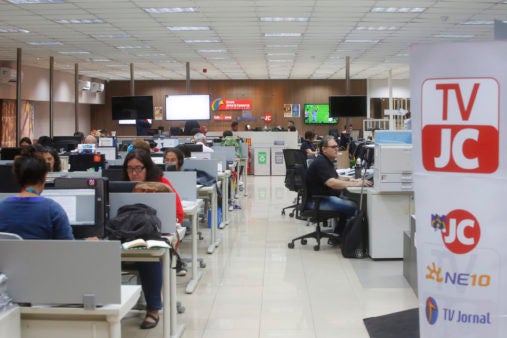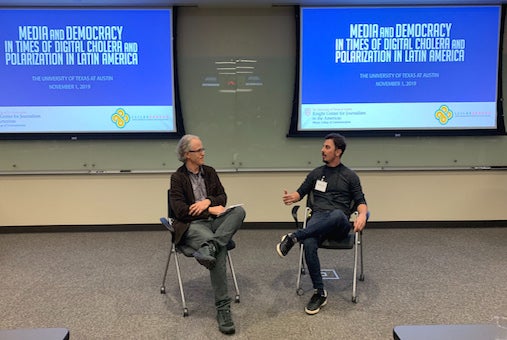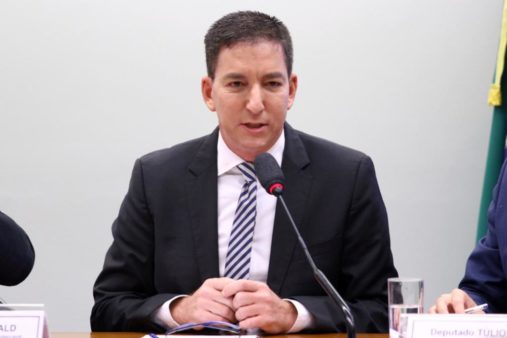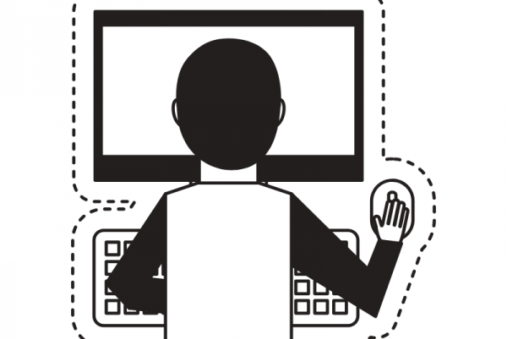
In Brazil, today, there are 26 century-old newspapers in circulation. To stay relevant, they strive to stay true to their history and connected with readers who’ve been with them for decades, emphasizing their belonging to the community.
The 2019 edition of the ‘Javier Valdez’ Latin American Prize for Investigative Journalism recognized journalists from Quinto Elemento Lab (Mexico), Globo TV (Brazil) and the Center for Investigative Journalism (CPI) of Puerto Rico, for excellence in journalism.
Glenn Greenwald, a U.S.-born journalist who lives in Brazil and co-founder of The Intercept and The Intercept Brasil, was slapped during a live show on Brazilian radio station Jovem Pan on which he appeared as a guest.

The gloomy end of Jornal do Brasil is not necessarily the rule that is being followed by other Brazilian newspapers that, more recently, have also given up their daily print editions to prioritize digital platforms.

Never in the history of Brazil have journalists and digital media been attacked the way they are being targeted now, said Leandro Demori, executive editor of investigative site The Intercept Brasil.

The editorial “O lugar de cada um” (The place of each one), published on Nov. 5 in the newspaper O Globo, is another development in the tense relationship between Bolsonaro and the press, fueled by the president's recurring attacks on critical journalism.
A program from the Facebook Journalism Project that has passed through the United States, Germany, Canada and Australia arrived in Brazil on July 29 to strengthen local journalism in five regions of the country.

Brazilian President Jair Bolsonaro denied that the recent decree authorizing the summary deportation of 'dangerous' foreigners could be used against journalist Glenn Greenwald of The Intercept. However, the leader said there is a possibility that the journalist could be jailed in Brazil.
The process of judicial reorganization being undergone by the Abril Group, one of Brazil’s largest publishing groups, has led to a journalist being required to pay a hefty compensation for a lawsuit related to a report published in one of the media company’s outlets.

Journalism is a collective job, but Brazilian journalists have subverted this rule by launching one-man outlets, developed by the need to publish in-depth stories and analysis of public policies and other subjects that do not find space in traditional outlets.
Brazilian journalist Patrícia Campos Mello and Nicaraguan journalists Lucía Pineda Ubau and Miguel Mora will receive the 2019 International Press Freedom Awards given by the Committee to Protect Journalists every year.

Brazil now has a prize to call its own: the Cláudio Weber Abramo Award for Data Journalism, whose entries were opened on June 27 during the 14th Congress of the Brazilian Association of Investigative Journalism (Abraji) in São Paulo.